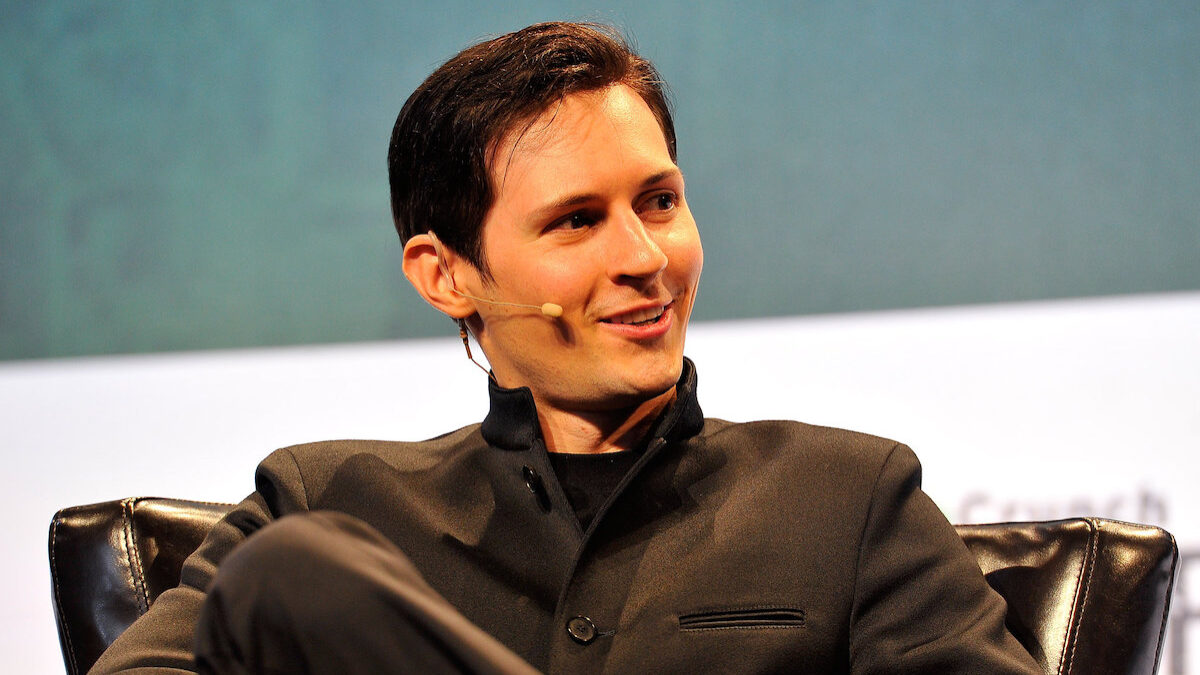
Share
As a self-described conservative, I have a dark secret: I adore NPR. From news to talk radio to informative podcasts, NPR has been a rich source of information and challenging discussions in my life for many years.
Of course, no one expects to hear conservative viewpoints coming from NPR. I certainly don’t listen to NPR expecting to hear my own views echoed, but rather to be exposed to a variety of viewpoints on current events. Imagine my surprise, then, when I heard a recent episode of NPR’s “Invisibilia” podcast presenting a scientific case against safe spaces.
According to the show’s website, “Invisibilia” is a podcast about “the invisible forces that shape human behavior—things like ideas, beliefs, assumptions, and emotions.” The show operates on the level of pop psychology, using anecdotes and gripping real-world examples to communicate principles that are, at least ostensibly, supported by recent scientific research. The third season began in June with a two-part episode on emotions, where they come from, and how responsible we are for our own emotional responses to stimuli.
The episode begins with a story about a lawsuit centered on emotional trauma. On a rainy day, a father driving with his wife and daughter lost control of his car, swerving into the path of an oncoming truck. The truck driver was physically uninjured, but the daughter was killed. In the aftermath of the accident, the truck driver developed PTSD and sued the father for failing to maintain control of his vehicle, thereby causing the trucker’s subsequent emotional trauma.
The show’s hosts note that this lawsuit is significant because it rests on the popular conception of emotions as things that happen to an individual outside of his or her control. Most people suppose that when a person observes or experiences something, that thing automatically triggers a programmed, innate response of anger, fear, happiness, shame, etc. In the show, this view is referred to as the “classical” perspective on emotion.
This is the view that undergirds the defense of safe spaces and trigger warnings on college campuses. Advocates of safe spaces reason similarly to the truck driver in the lawsuit: I cannot help how I respond emotionally to the stimuli that are presented to me, so in order to avoid trauma, I need to know when triggering subjects will be presented and have spaces where I can be sure I will not encounter those triggers. On this view, my emotional reactions are mostly if not entirely outside of my control and I must be protected from experiencing them at all, or at least be warned in advance so I know when they will happen.
Yes, We Can Control Our Emotions
However, with the guidance of psychologist Lisa Feldman Barrett, the”Invisibilia” hosts argue that this notion is simply incorrect. Barrett’s book “How Emotions Are Made: The Secret Life of the Brain” makes the case that emotions are the product both of social conditioning and the individual’s own choices. In other words, we are more responsible for our emotional responses to the things we see, hear, and experience than we typically believe.
One implication of Barrett’s research is that the individual is at least somewhat able, and by extension responsible, to cultivate desired or preferred emotional responses. In an interview with NPR, Barrett explains, “…If you look at many of the books and articles which talk about cultivating compassion, cultivating wonder, cultivating a number of pleasant experiences that are thought to have beneficial effects, this is exactly what’s happening. Your past experience is one ingredient to making emotions in the present.”
Though Barrett’s conclusions are presented as a new perspective, in contrast to the “classical view,” the idea that emotions and character can be intentionally developed by choices and habits is in fact classical by definition. This view has origins at least as far back as Aristotle. On Aristotle’s conception of emotions, philosopher Amy M. Smitter writes, “Aristotle took the excellence of the excellent human to consist partly in experiencing pathe [emotions] in the right way, to the right extent, and on the right occasions. Indeed, the cultivation of character is largely a matter of cultivating the disposition for appropriate experience of the pathe, which is as important as developing our abilities for deliberative reason.”
While Barrett may be presenting new research to support Aristotle’s arguments, her conclusions are simply restatements of older ideas. The idea that humans are purely mechanistic and emotions automatic and uncontrollable is a distinctly modern conception, while the actually classical view places a responsibility on the individual to cultivate a character and disposition that produces appropriate and fitting emotions in any given situation.
How Should We Respond to Emotional Crises?
Both Barrett and Aristotle provide grounds to critique safe spaces if they rely on a flawed theory of emotions. However, “Invisibilia’s” assessment of the emotions is somewhat incomplete. If it is true that emotional responses can be carefully cultivated, does this not imply that there are better or worse, appropriate and inappropriate ways to respond to stimuli, and individuals ought to desire proper emotional responses? Isn’t the ability to feel emotions “the right way, to the right extent, and on the right occasions” a virtue that should be sought after? This is Aristotle’s view, but one that seems to be lost on the hosts of the show and those who seek to create pristine, inviolable, trigger-free spaces.
If Barrett and Aristotle are right, safe spaces not only rely on poor science for their existence, but also have the potential to be harmful if they prevent the cultivation of healthy emotional responses to traumatic or offensive content. In the case of the truck driver who sued the bereaved family, his emotional response was based on a flawed premise. He believed himself to be a murderer and loathed himself accordingly.
However, through therapy, he came to realize that this feeling did not comport with reality. He was not a murderer because he could not have prevented the traumatic accident that plagued him. The truck driver was afforded the opportunity to cultivate an appropriate emotional response to his very real trauma, not by removing himself from the possibility of emotional triggers but rather by learning to accurately apprehend reality and shape his emotions accordingly.
The answer, of course, is not to intentionally attempt to trigger those who have experienced traumatic events, but rather to provide opportunity for the development of healthy emotional responses to the world around us. When the mere suggestion that no one race should be excluded from a public campus sparks outrage, calls for firing, and accusations of racism, perhaps it is time to revisit a classical conception of excellence and maturity in character and emotion and avoid perpetuating extremism on the basis of a flawed understanding of human psychology.









